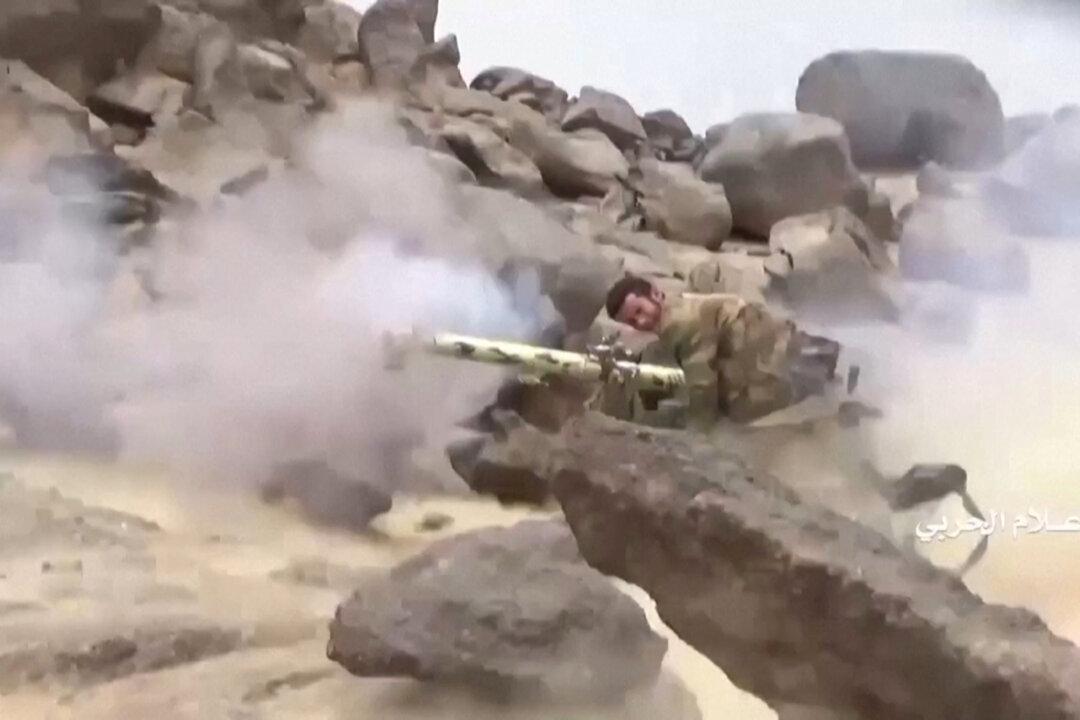DUBAI—The United States on Thursday imposed sanctions on two Houthi military officials, the U.S. Treasury Department said, taking action over the Iran-aligned movement’s offensive to seize Yemen’s gas-rich Marib region.
U.S. Special Envoy on Yemen Tim Lenderking earlier on Thursday urged the group battling a Saudi-led coalition for over six years to de-escalate and engage seriously with United States and U.N. efforts for a ceasefire needed to end the war, a top foreign policy priority for the Biden administration.





